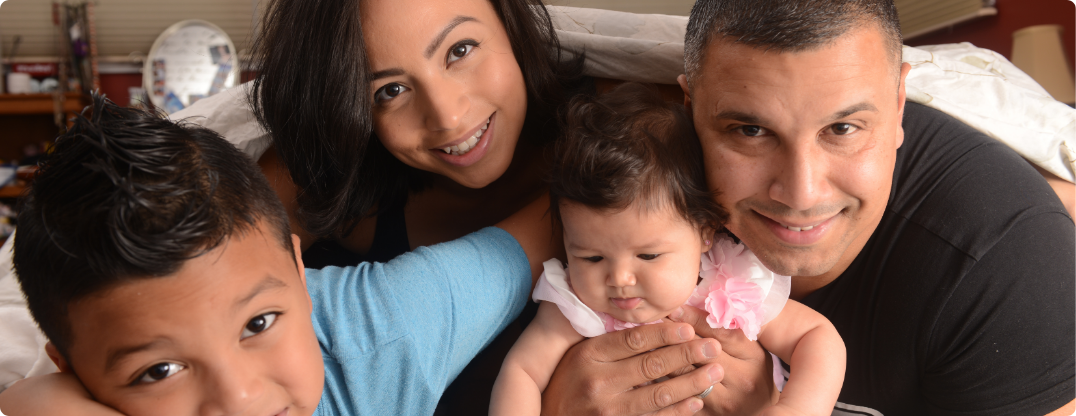Thrive College Counseling
Dr. Schwartz will work with the student to understand their unique profile, prepare them for the college application process, and discuss the aspects of a college setting that will be a good fit. She will identify any academic, social/emotional, or independent living skill areas that might require additional support while at college, develop a plan to support these needs, and then create a list of colleges that can meet the needs of the student.
She will discuss the various aspects of the application process and assist the student during each phase of the process. Dr. Schwartz will also work with students who want to consider a gap year, or enroll in a program to develop independent living skills prior to attending a four-year college.
Thrive College Counseling Transition and Retention Program: Focusing on College Success
FOCUS ON ORGANIZATIONAL SKILLS
Continuing to develop organizational skills and make use of tools to support their ability to navigate their responsibilities and have a plan to meet their academic goals. This will include guiding the student to
1. Develop a plan to check and respond to emails and texts
2. Make use of academic support such as tutoring, etc.
3. Review with the coach the syllabi in each class and break down the homework and study needs
4. Problem solve challenges that arise both academically and around navigating college in general
FOCUS ON NON-ACADEMIC AREAS
The importance of the continued development of self-awareness and self-advocacy skills that are necessary in non-academic areas, including mental health needs and overall social/emotional needs. As needed, the student will have a therapist and other mental health support set up in a way that allows access for the student to these meetings. Student will also work to ensure they have the medication they need, and have a plan to set up refills of prescriptions as needed
FOCUS ON ACADEMICS
The importance of the continued development of self-awareness and self-advocacy skills that are needed for academic success. Examples include registering with disability services, understanding the tutoring support needed and working to access that support regularly, and asking for help when needed
FOCUS ON INDEPENDENT LIVING SKILLS
Ongoing growth for the student around independent living skills is important to ensure there is a plan around maintaining hygiene and a daily routine that allows the student to meet their responsibilities
FOCUS ON SOCIAL
The social aspects of college and how to support the student in connecting socially with peers, joining groups/clubs and developing a meaningful connection with the college community. This will also include discussion around living with a roommate
keywords: college counseling







